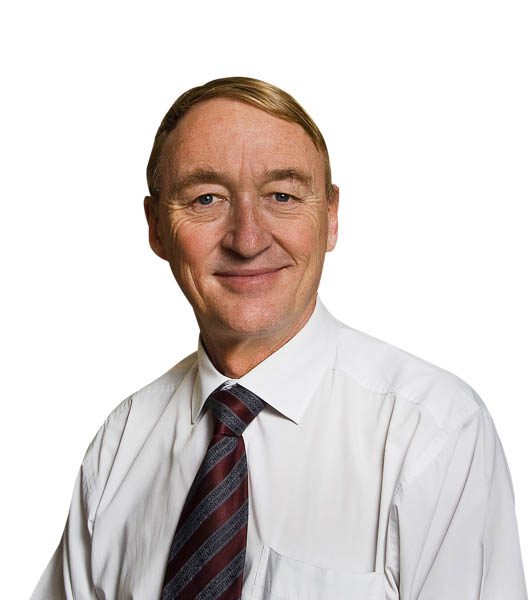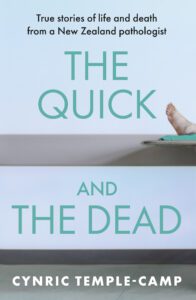
A poignant profession
Dr Cynric Temple-Camp sees dead people. But rather than some spooky phenomenon, he is one of New Zealand’s leading pathologists and over the years has been tasked with working on many famous and private cases. His latest book The Quick and the Dead is set to hit the streets this month, exposing the fascinating world of a pathologist.

I see each case as my patient waiting for my help and I do my best to do that.
Can you tell us about The Quick and the Dead?
These are some of the stranger or more poignant tales of both the living and the dead.
As such, it expands on my first book The Cause of Death, where I wrote mainly of the stories of those who died.
No-one expects to die or really knows the exact time of their death and there are only a few who can realistically plan their passage onward from here.
Sometimes people expect to die or perhaps they should have died but didn’t.
I have told some of their stories as well. I try to convey the element of chance there is of life and death.
The dice roll every day and how they will fall is a random event, known to no man.
How do you mentally prepare yourself to do what you do?
It seems difficult to most people in the sense that they thankfully have no exposure to a daily diet of sudden death with and without massive trauma.
Pathologists do become used to it and cope in a variety of ways, not least because of unobtrusive blocking by the brain.
A wise old pathologist once said to me as we looked staring resignedly at body fragments horrendously mixed with stone ballast from a train collision, ‘It takes about 30 seconds for frontal lobe disconnection to kick in and after that you won’t even notice anything amiss anymore.’
In a way we are no different from trauma surgeons in the Emergency Department, police, firemen, ambulance drivers and mortuary technicians.
All see terrible things and have learned to cope or perhaps become vaccinated against the shock.
There are some cases that are exceptions though.
Murder is always one, aircraft accidents are for me personally, and of course any death of a child is another.
I always tell myself that the victims are my patients, that I am their last doctor and that it is my duty to help them tell their final story.
How rewarding is what you do?
To find an answer to a diagnostic dilemma afflicting the living is one of the best feelings ever for any pathologist.
There are stories of odd medical conditions which posed a tough and tangled pathway to diagnosis and sometimes then to life.
Sometimes too the road sadly led to death.
I see each case as my patient waiting for my help and I do my best to do that. In that way my professional satisfaction is exactly the same as other doctors, nurses and other medical folk.
The only difference is that with the living, clinicians get to see the patients while we see their biopsy specimens.
They are however still our patients and we care for them the same.





